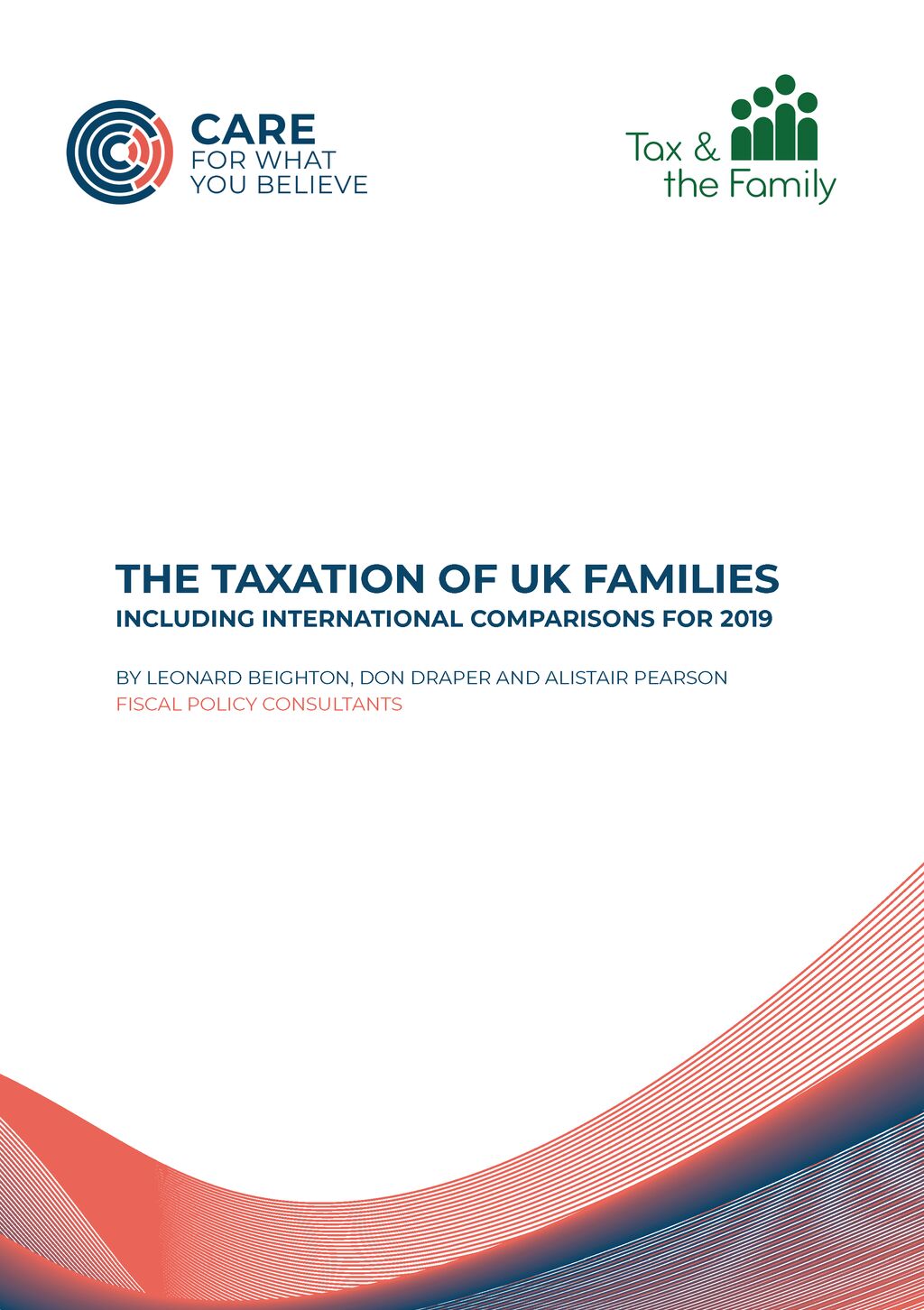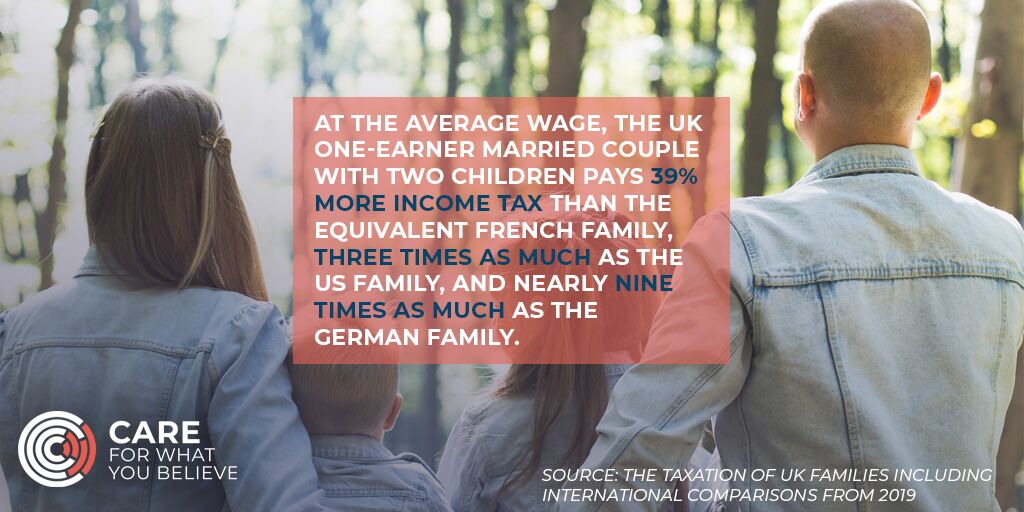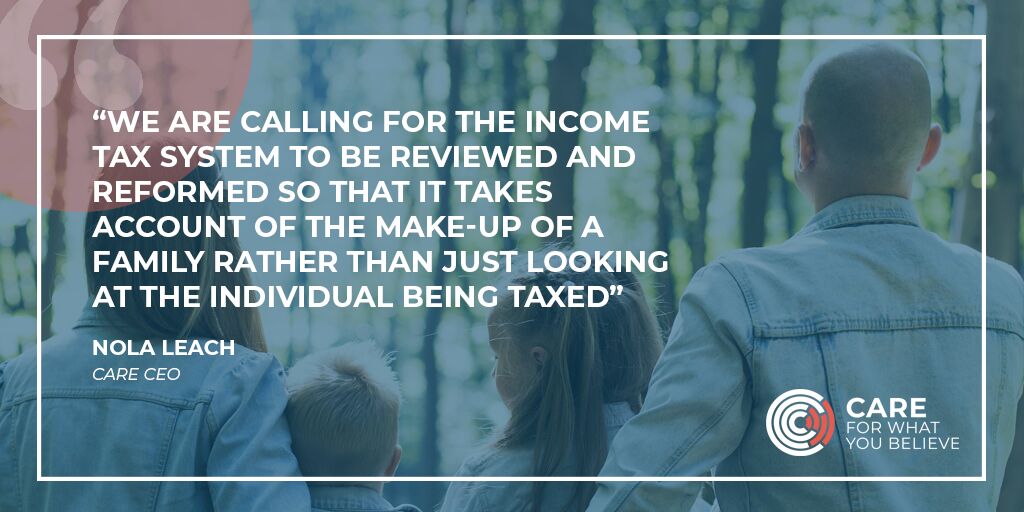MPs hear evidence on how the tax system treats families unfairly
Marriage and Family
This week, the 13th annual The Taxation of UK Families 2019 Report by CARE and Tax and the Family was launched.
At a special online event, hosted by Miriam Cates MP, attendees heard evidence that the UK’s hyper-individualistic form of taxation means single earner, low-income families are treated unfairly.

Uniquely, the report looks at the latest available data on how families in the UK are treated in the tax system compared to those with no family responsibilities.
Writing for the Sunday Express, Miriam Cates MP pointed out that under the UK's current tax system, if you earn £30,000 a year, you will pay the same amount of tax and national insurance regardless of whether you are a single adult with no dependents or a lone parent with three children.
Since 2008, CARE’s research has consistently highlighted that one-earner families bear a heavier share of the tax burden in the UK than in other countries. This is true for both single parents and one-earner couples.
If you earn £30,000 a year, you will pay the same amount of tax and national insurance regardless of whether you are single adult with no dependents or a lone parent with three children.
Key findings
At the OECD average wage for the UK (£40,803), the tax burden on single parents with two children is 26% higher than the OECD average.
The tax burden on a one-earner married couple with two children, meanwhile, is 25% greater than the OECD average.
British families also face a much higher tax burden than equivalent families in other developed countries.

At the average wage as estimated by the OECD, a UK one-earner married couple with two children pays 39% more income tax than the equivalent French family, three times as much as the US family and nearly nine times as much as the German family.
By contrast, the UK tax burden on single people with no family responsibilities is less than for the OECD as a whole. At the average wage, it is 10% less than the OECD average.
The position of families in the UK tax system is made worse by the eye-wateringly high effective marginal tax rates (EMTRs) they face.
At 75% of the OECD average wage for the UK, a one-earner married couple with two children face an EMTR of 73%. This means for every extra pound you earn, you only keep 27 pence.

The UK tax system treats families unfairly. The amount of tax they pay bears little relationship to how well off they are.
Time for reform
The UK tax system does not treat families fairly and the amount of tax they pay bears little relationship to how well off they are.
This problem arises because UK income tax is based on individuals and, unlike in other developed countries, take little account of family responsibilities.
The key recommendation the report makes is that the Chancellor of the Exchequer should announce a study into putting income tax on a household basis and how it might be done.
Another move which could be done quickly is to increase the Married Tax Allowance from its current level of 10%. Child benefit could be restored to its previous value in real terms and the temporary changes to Universal Credit should be retained, although possible focussed on those with dependents.






Share story
MPs hear evidence on how the tax system treats families unfairly